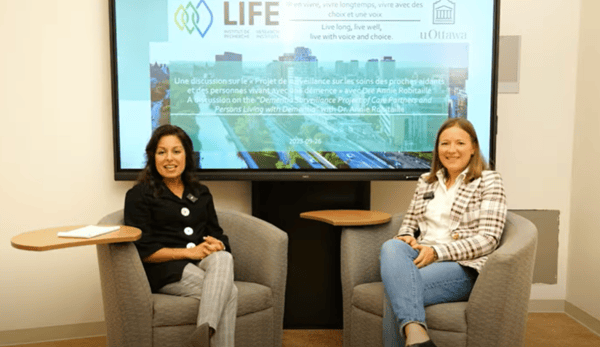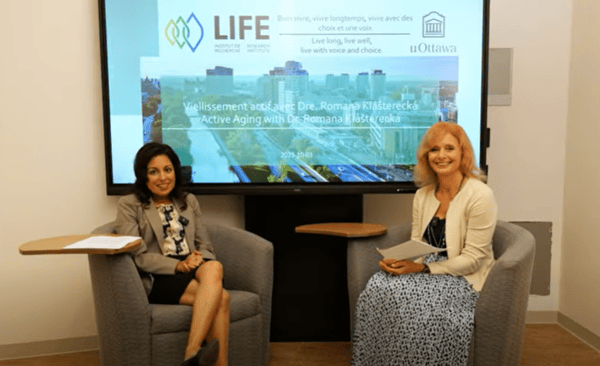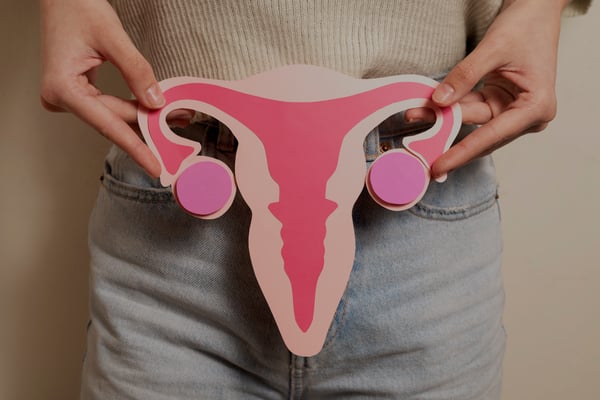The LIFE Research Institute, dedicated to promoting healthy living and aging, recently had the...


The LIFE Research Institute, dedicated to promoting healthy living and aging, recently had the...

The field of aging research is gaining prominence as the global population experiences a gradual...

Watch episode 4 of the LIFE Research Institute’s video capsule series, where Dr. Ben Tsang, a...

Watch Episode 1 of the Life Research Institute's video capsule, as it casts the spotlight on an...
Dementia: You Can Make A Difference
Watch the new documentary “Dementia: You Can Make A Difference” by Peabody Award winner Firdaus Kharas of Chocolate Moose Productions, produced by the University of Ottawa’s LIFE Research Institute with funding from the Public Health Agency of Canada, on the LIFE Research Institute’s YouTube channel. It is a compelling, short narrative documentary featuring people living with dementia and their caregivers sharing their experiences. The documentary shines a light on the growing prevalence of dementia, the stigma associated with it, and the advances in dementia research. The video offers hope in a plea to get involved in dementia-related research.
Following Alzheimer’s Awareness Month, the director of the LIFE Research Institute, Dr. Nafissa Ismail, sat down with film director Firdaus Kharas to discuss the making of the video “Dementia: You Can Make A Difference,” that received two awards before its official public launch.
What inspired the making of this video?
Firdaus discusses his personal motivation for the project, “I think I'm, of course, personally motivated because my father had dementia for many years. He was living halfway around the world. So, it was a difficult situation for all of us.” He discusses his stance on long-term care for people with dementia and the cultural dimensions of dementia. In the documentary, a number of conversations come up surrounding the different cultural aspects surrounding decision-making when it comes to having a loved one with dementia.
So, who was in this documentary, and why was it so important to hear from them?
Firdaus emphasized the importance of having people who live with the illness talk about their experiences with it, “I think that's very important to hear from people that actually are living through the process.” The documentary also includes discussions with various people who work in and around the field of dementia or who have otherwise been affected by the disease either because they have it or a loved one did.
These perspectives are from:
If you're as inspired by this topic as we are, check out the full video on the LIFE Research Institute's YouTube channel.
By LIFE Research Institute
Ageing begins at birth and is our response to the multitude of factors and influences faced throughout our life trajectories. The LIFE Research Institute assembles researchers and partners with diverse perspectives who work collaboratively to understand how we are guided along the unexpected trajectories of life. We expect this knowledge will transform how we view the roles for individuals and society in ageing and create new opportunities for life fulfillment and well-being. We want to inspire individuals to live the longest, best lives possible honouring the many varied choices along the way.Also Read